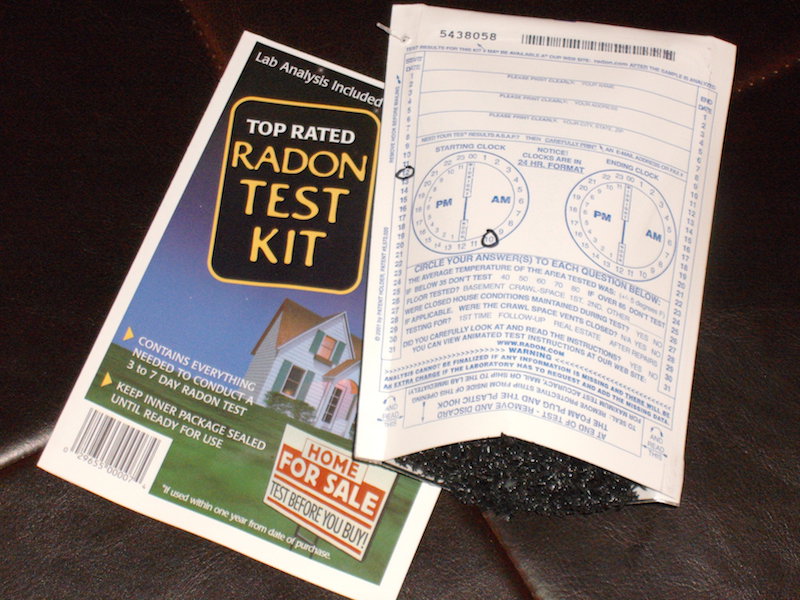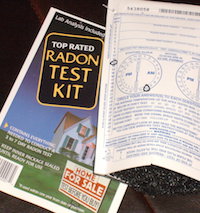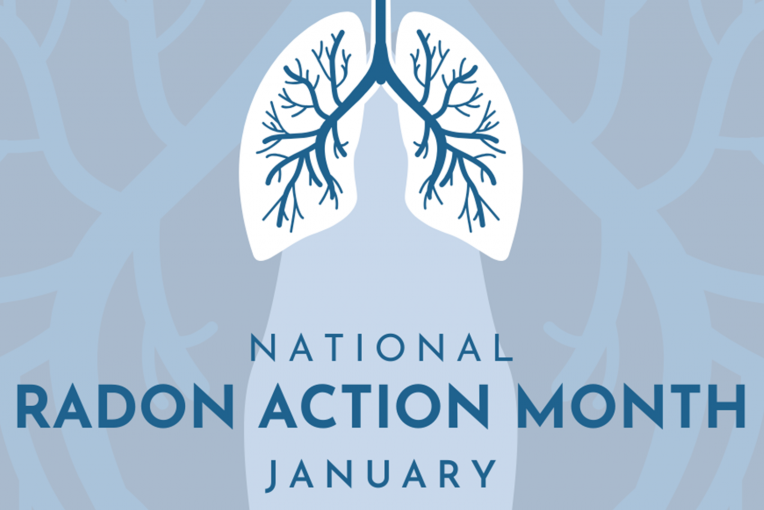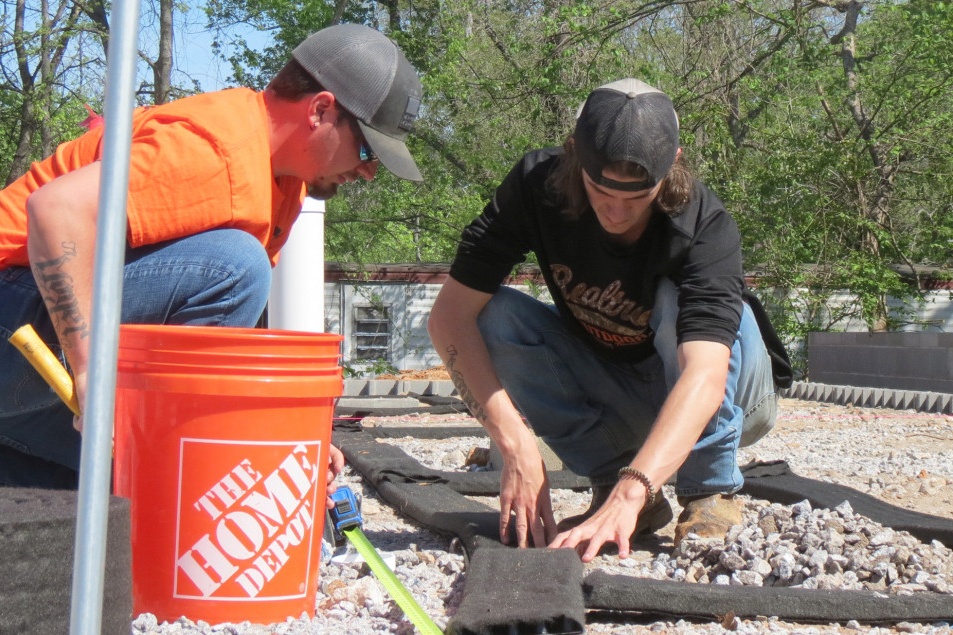Radon, an odorless, colorless, tasteless, radioactive gas, is the second-leading cause of lung cancer in the U.S. and the leading cause of lung cancer among nonsmokers — and your home is far from immune to it.
Each year, approximately 21,000 deaths occur in the U.S. because of radon’s hidden properties. That is why January is National Radon Action Month, a month dedicated to making the public aware of the deadly effects of radon.
Radon is a gas that forms naturally from the decay of uranium found in soil and various rocks, including granite, which is pervasive in the north Georgia landscape. Radon, which can seep into homes through cracks and gaps in the foundation, can be found in all types of homes, including those on slabs, basements and crawlspaces. It also can contaminate well water. Fortunately, University of Georgia Cooperative Extension can help you detect elevated radon levels in your home.
Detecting radon is easily done through a radon test kit or a professional radon testing service. The kits are available from many sources, including UGA Extension. To order from UGA Extension, visit www.ugaradon.org. Kits are $15, which includes shipping and analysis. During the month of January, Georgia residents can get $5 off using the code NRAM2020.
To test well water for radon, contact your local UGA Extension office for a kit or call 1-800-ASK-UGA1. The kits will be analyzed at the UGA Agricultural and Environmental Services Laboratories in Athens, Georgia.
Radon testing should be as routine as any other household precautionary measures, says Derek Cooper, UGA Extension radon educator.
“I like to ask people, ‘Do you have a smoke detector?’ Almost everybody says, ‘yes.’ In the U.S. about 3,000 people die from house fires each year. But if I ask someone if they have tested for radon, they usually say, ‘no,’ and about 21,000 people a year die from radon-induced lung cancer,” Cooper said. “Doing a radon test is just as easy as having a smoke detector. Radon is a problem that can be found and be fixed.”
If the radon level in your home reads high, Cooper suggests having it retested to double-check the levels before investing in mitigation. From there, you can determine the need to contact a certified radon mitigator who will treat your home, typically with a radon-reduction system.
For more information on radon testing and mitigation, visit www.ugaradon.org.








